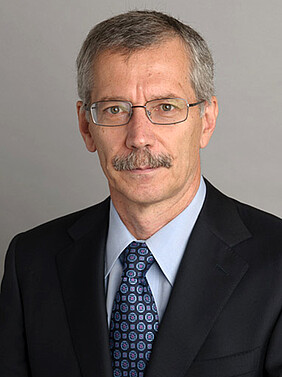will take place on Tuesday, February 25, 2020 from 15:00 to 16:00 hours in CBBM, Ground Floor, Seminar Room B1/B2 (Levi-Montalcini).
Host: Prof. Nico Bunzeck
Institute of Psychology I
University of Lübeck
Abstract
I will describe findings from a series of fMRI studies that examine the neural regions, networks, and patterns of cortical activity that accompany successful episodic memory retrieval (recollection). I will present evidence that recollection is associated with a consistent pattern of enhanced activity in a ‘core recollection network’ as well as enhanced functional connectivity between the network and a domain-general executive control network. I will also describe findings indicating that recollection is associated with reinstatement in the brain of processes and representations that were active when the recollected event was first experienced. Each of these neural correlates of recollection is largely impervious to the effects of age, at least when older participant samples comprise healthy individuals at low risk for neurodegenerative disease. The implications of these findings for understanding the neural bases of both recollection and age-related episodic memory decline will be discussed.
Biosketch
Dr. Michael Rugg has employed non-invasive methods (EEG, PET, fMRI) to identify the neural correlates of cognitive processes, especially those involved in different kinds of memory, for more than 30 years. He has published more than 200 papers on the neural correlates of episodic memory encoding and retrieval, and how these correlates differ across the healthy adult lifespan. Dr. Rugg received the Henri Hecaen Award for contributions to neuropsychology and is a Fellow of the Royal Society of Edinburgh, Fellow of the American Association for the Advancement of Science, and Fellow of the Association for Psychological Science. He received his bachelor’s and doctoral degrees from the University of Leicester in the United Kingdom.


